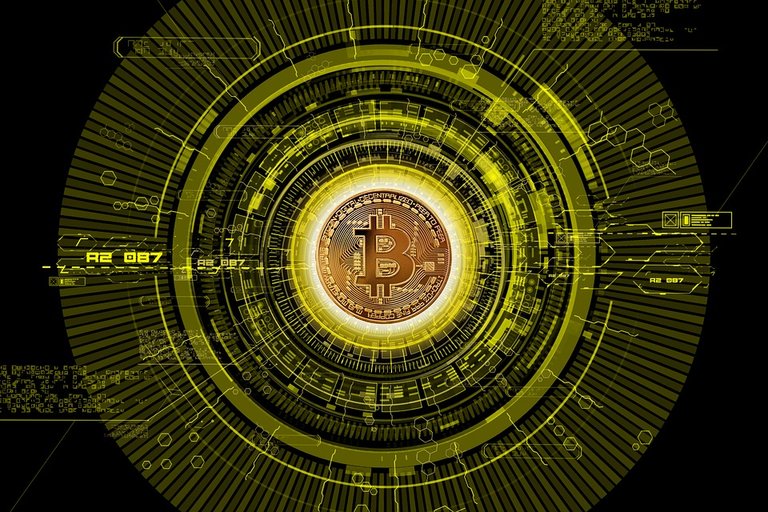As the universe of crypto-coins expands and trading in the growing market for altcoins increases, several inherent risks develop together. Fraudulent coins and increased government regulation were largely covered. The legitimacy of digital currency exchanges is not so much, although high-level hacks and currency exchange collapses often make headlines - even if those events reduce the prices of digital currencies, at least in the short term.

Keeping track of your own crypto-assets in a local wallet or in a hardware wallet is much safer than allowing an exchange to control them. In the event that an exchange is pirated you are not vulnerable if your funds are stored on your personal system. If you want to store your crypto assets in an exchange, it may be good to start with one that offers protection for any loss of funds, including accounts held by the FDIC for US exchanges. This allows centralized exchanges to create additional value for their users. The exchanges that do not offer protection are inherently risky.
The first question to ask is whether you will use an exchange with or without custody. The concerns are different for each one. Non-custodial exchanges, which do not store private keys, are generally crypto-crypto exchanges. Warning signs for custody, fiat-crypto exchanges begin with cold storage policy: what percentage of private keys do they keep away from the Internet?
Although crypto-coins are a class of assets in development, it is certain that, as they progress, refinement and advancement of security are also advancing. However, as with all other investment assets, the best protection remains an intelligent diligence and a thorough understanding of the instrument and the investment scenario.
Very interesting Post Keep it up